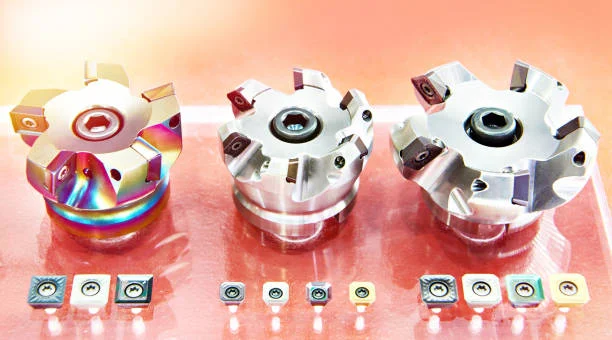CNC machines are crucial in the manufacturing sector. They’re used in a variety of industries from aerospace and electronics to energy and producing household goods. In addition to being used to produce items in those industries, they’re used to create high-precision tools and components for the machinery in other sectors. They’re popular because of their precision, efficiency, and versatility along with many other traits.
With CNC machines being so important in so many industries, ensuring they’re able to consistently produce optimal results is essential. Making their components last as long as possible is equally vital. The following CNC tooling tips can help you extend the lives of your tools and improve their accuracy.
Take a deeper dive—this piece uncovers more angles.
Install Bellows Covers
For one, installing custom protective bellows covers can help keep CNC machines working properly for as long as possible. These machines have numerous moving parts that are susceptible to dirt, debris, moisture, and other hazards. Bellows covers are flexible shields that protect those components. They’re designed to expand and contract with machines’ movements, and they can effectively keep contaminants away from sensitive parts. In doing so, they reduce wear and aid in maintaining precision.
Keep Tools and Work Areas Clean
Another way to protect CNC machines is to keep tools and work areas clean. Buildup can take a toll on CNC machines. It may cause excess friction and heat and detract from machines’ accuracy. It’s likely to cause excess wear over time as well. As such, keeping the machines and their surrounding work areas clean is essential.
Bellows covers can help, but they’re only part of the process. Machines and the workspaces around them need to be kept free of dirt, debris, and other contaminants. It’s important to keep the different tools used in your CNC machine clean as well. Those measures will keep your machinery working better and help prolong the lives of your tools.
Don’t Overlook Routine Maintenance
Furthermore, routine maintenance goes a long way toward prolonging the lives of your tools and machines and ensuring they stay as accurate as possible. In addition to surface cleaning and minimizing the amounts of debris and other contaminants your machinery is exposed to, be sure to schedule downtime for deep cleaning, lubrication, recalibration, and other measures. Though maintenance requires time and effort, it’ll certainly pay off in the long run.
Balance Quality and Quantity
These days, mass production seems to be many manufacturers’ main focus. Keeping up with customers’ demands is definitely important, but it’s shouldn’t be your only concern. Running your CNC machine too fast or for too long without maintenance can greatly interfere with its precision and longevity. By extension, it’ll impact your quality. On the other hand, running it too slowly will hamper your productivity. Find a nice balance between the two to maintain quality without sacrificing quantity.
Use the Right Tools for the Job at Hand
Finally, it’s important to use the right tools for the projects you’re working on. Not all CNC tools are right for all materials or jobs. Using the wrong tools will inevitably lead to excessive wear and detract from the quality of your work. As is the case with routine maintenance, changing out tools between production runs takes time and effort. It’s well worth the extra investment, though.
Protecting Your CNC Machines
CNC machines are crucial in a variety of industries, and they can serve an array of purposes. Keeping them in optimal condition and maintaining their precision is the key to making the most of them. The measures mentioned here can help you do just that. They’ll keep your machines working properly for longer so you can continue to supply customers with the high-quality products they expect.
Before you head out, don’t forget to check out some of our other great reads!







